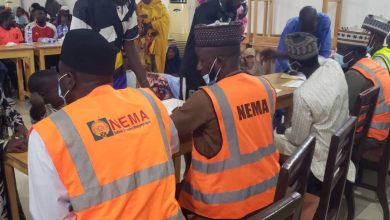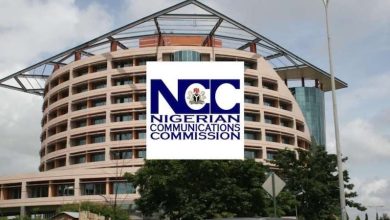Senate Approves Tinubu’s $21.8bn Borrowing Plan, ₦758bn Bond for Pensions
Senate approves Tinubu’s massive foreign loan plan amid rising debt and economic pressure.
The borrowing targets infrastructure, pensions, and growth, but critics warn of long-term financial strain.
The Nigerian Senate has approved President Bola Tinubu’s 2025–2026 external borrowing plan, which includes proposals to borrow $21.8 billion, €2.1 billion, and ¥15 billion, as well as a €65 million grant, to fund major development projects across key sectors of the economy.
In addition, the Senate gave the go-ahead for the federal government to issue a ₦757.98 billion domestic bond to settle outstanding pension liabilities under the Contributory Pension Scheme (CPS).
Lawmakers also approved Tinubu’s request to raise up to $2 billion locally through a new program called the Foreign Currency-Denominated Instrument Local Issuance Program. This initiative, introduced via Presidential Executive Order No. 16 of 2023, will allow the Debt Management Office (DMO) to source dollar funding within Nigeria without affecting the country’s foreign reserves.
The approvals were based on the recommendations of the Senate Committee on Local and Foreign Debts, chaired by Senator Aliyu Wamakko.
However, not all senators were on board. The debate in the chamber was heated, with concerns raised about Nigeria’s growing debt burden.
Senator Abdul Ningi voiced strong opposition, saying: “Generations after us will continue to pay these loans. I’ve gone through the documents and cannot find a clear repayment plan.”
Others defended the borrowing. Senator Adetokunbo Abiru and Senate Finance Committee Chairman Sani Musa argued that the loan terms were flexible and aimed at stimulating economic growth. They said the funds would support critical infrastructure, health, education, water supply, and other vital sectors.
President Tinubu had submitted the borrowing request to the National Assembly on May 27.
The development comes amid mounting concerns over Nigeria’s public debt, which has surpassed ₦121 trillion. External loans alone account for over $43 billion, and debt servicing now swallows more than 90 percent of federal revenue.
An opposition senator told reporters: “This is a country living on credit. People are suffering from inflation and unemployment while the government keeps borrowing.”
But supporters of the plan say it marks a shift from past practices.
“This isn’t reckless borrowing,” said a committee member. “It’s targeted spending that can create jobs, grow the economy, and increase foreign exchange earnings.”
According to lawmakers, the loans and bonds are specifically earmarked for high-impact sectors such as power, transport, digital economy, and social programs. Each project will be subject to National Assembly appropriation.
Notably, the ₦757.98 billion bond is intended to clear backlogs owed to pensioners. Thousands of retirees are expected to benefit once the bond is issued, bringing long-awaited relief.
The DMO will float the bond in the domestic market, reducing reliance on external borrowing and limiting exposure to foreign exchange risk.
Even so, economic analysts are urging caution. They say the government must follow through with strict fiscal discipline and transparency to avoid falling deeper into debt.
“This offers short-term breathing space,” one analyst noted. “But unless the projects deliver measurable benefits quickly, we risk worsening our financial situation.”
With the Senate’s approval, President Tinubu now has broader room to implement his spending plans. But as inflation bites, the naira weakens, and fuel subsidies remain scrapped, ordinary Nigerians are left asking: Will this borrowing ease their burden or make things worse?



